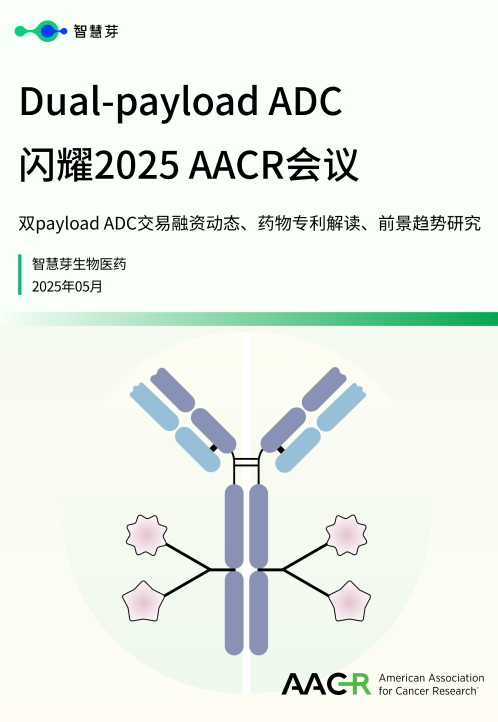预约演示
Merck’s Keytruda Pushes Towards Earlier Stages of Cervical Cancer with Phase III Data
2024-03-15
临床结果临床3期上市批准免疫疗法
Pictured: Merck's office in Canada/iStock, JHVEPhoto
Merck on Friday released additional data from its Phase III KEYNOTE-A18 study, demonstrating that its blockbuster PD-1 inhibitor Keytruda (pembrolizumab) can significantly improve overall survival when used to treat patients with newly diagnosed high-risk locally advanced cervical cancer.
Based on the findings of an Independent Data Monitoring Committee pre-specified interim analysis, Keytruda plus concurrent chemoradiotherapy (CRT) elicited a “statistically significant and clinically meaningful” improvement in overall survival (OS) in treated patients, compared with CRT alone. OS is one of the two primary endpoints in KEYNOTE-A18, along with progression-free survival (PFS).
The study also found the Keytruda regimen to be safe overall and well-tolerated, with no new signals of concern.
Merck did not reveal specific data in its announcement but promised to do so at an upcoming medical congress. The company said it will also share these findings with regulatory authorities.
The results make KEYNOTE-A18 the “first Phase III trial” that has demonstrated a significant improvement after treatment with an “immunotherapy-based regimen,” compared with chemoradiotherapy alone, Gursel Aktan, vice president of global clinical development at Merck Research Laboratories, said in a statement.
Friday’s readout comes after Merck in October 2023 presented PFS data from KEYNOTE-A18 at the European Society for Medical Oncology Congress. Patients treated with the Keytruda regimen saw a 30% drop in the risk of disease progression or death versus CRT alone after a median follow-up of 17.9 months. PFS at 24 months was 67.8% in the Keytruda combo arm and 57.3% in the control group.
Taken together, the PFS and OS data demonstrate the potential of using Keytruda in earlier stages of cancer, “where there is a greater potential for better outcomes,” Aktan said.
Keytruda is a humanized monoclonal antibody that works by interrupting the interaction with the PD-1 receptor and its corresponding ligands. This mechanism of action prevents cancer cells from evading the body’s anti-cancer immune response.
The PD-1 inhibitor was first approved in 2014 in advanced melanoma, but has since picked up several other indications in oncology and has become a cornerstone therapy in the field.
The blockbuster has two approved indications in cervical cancer. The first is as a combo treatment with chemotherapy, with or without Roche’s Avastin (bevacizumab), for the treatment of persistent, recurrent or metastatic disease. The second is as a monotherapy for metastatic or recurrent cervical cancer that has progressed following chemotherapy.
In January 2024, Merck posted back-to-back late-stage victories for Keytruda in kidney and bladder cancer. The PD-1 inhibitor improved overall survival as an adjuvant treatment in renal cell carcinoma and led to significantly better disease-free survival in patients with muscle-invasive urothelial carcinoma.
Tristan Manalac is an independent science writer based in Metro Manila, Philippines. Reach out to him on LinkedIn or email him at tristan@tristanmanalac.com or tristan.manalac@biospace.com.
更多内容,请访问原始网站
文中所述内容并不反映新药情报库及其所属公司任何意见及观点,如有版权侵扰或错误之处,请及时联系我们,我们会在24小时内配合处理。
靶点
Eureka LS:
全新生物医药AI Agent 覆盖科研全链路,让突破性发现快人一步
立即开始免费试用!
智慧芽新药情报库是智慧芽专为生命科学人士构建的基于AI的创新药情报平台,助您全方位提升您的研发与决策效率。
立即开始数据试用!
智慧芽新药库数据也通过智慧芽数据服务平台,以API或者数据包形式对外开放,助您更加充分利用智慧芽新药情报信息。





